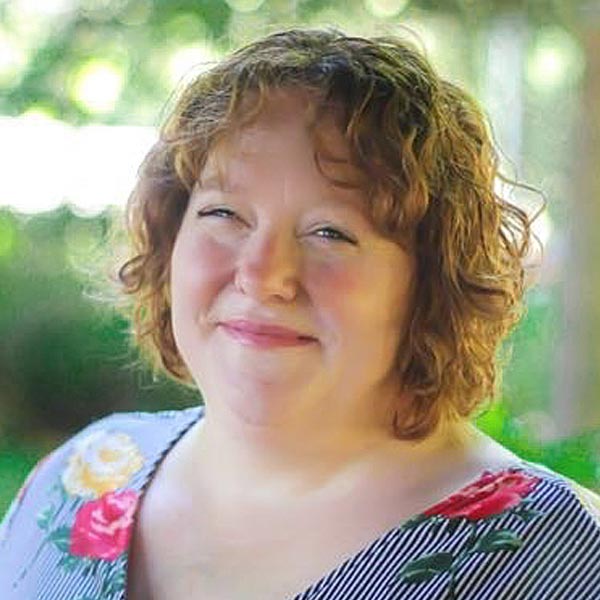Ford Family Foundation Rural Youth Development Grant

Youth development programs provide out-of-school-time activities that extend beyond academics to encompass a whole-child perspective. But programs in rural areas often lack access to high quality professional development opportunities for staff members—especially ones tailored to the specific needs of individual programs and communities.
Through a grant from the Ford Family Foundation, Education Northwest gathered information from 53 rural youth development programs throughout Oregon to design trainings that would meet their needs. Through this process, we also helped programs build relationships with each other in different regions of the state, giving them a foundation for continued learning and mutual support.
Ford Family Foundation funding also supported tailored training sessions at selected youth development programs, including one operated by the Confederated Tribes of the Umatilla Indian Reservation (CTUIR) in northeast Oregon and another by Citizens for Safe Schools (CFSS) in southwest Oregon.
Rural Challenges, Regional Solutions
At CTUIR’s Youth Center, the Tribes serve youth holistically while including families and the entire community. For the Tribes, the initial challenge was how to incorporate best practices for youth development programs in a culturally responsive way.
CFSS, as one of only two youth mentoring organizations in the entire city of Klamath Falls, wanted to adapt traditional one-on-one mentoring practices to group settings so they could meet the large demand.
Enhancing Youth Voice and Reframing Conflict
CTUIR’s Youth Center is located next to the Tribes’ long house. In the Tribes’ programs, young people from the community engage in activities such as fishing, arts and crafts, making traditional medicines like elderberry syrup, and playing games. Education Northwest youth development staff member Lena Fox helped the Tribes present these existing activities in a new way, incorporating more youth voice and choice. Youth collectively decided which activities to pursue on a given day—leveraging autonomy to enhance engagement. This aligned the program with measures such as the Youth Program Quality Assessment while retaining the traditional activities that are meaningful to the community.
In Klamath Falls, Lena observed CFSS activities such as a safe circle for LGBTQ youth. Young people also learned strategies for reframing conflict resolution. The program encouraged the same approaches to resolving conflict for youth, families, and program staff members, helping to reinforce the practices for all.
Nimble Implementation and Mutual Support
CTUIR created a youth choice board to help young people decide what activities they wanted to do each day. Program leaders initially had some concerns about whether the community would be open to changing what had been successful before. But the board contained the same favorite activities the program had offered to the community in the past. The main difference was that rather than being told by an adult which activity they would be able to do on a given day, the youth could decide together.
At CFSS, Lena was pleasantly surprised when she returned for a second day of training and saw that the conflict resolution protocol they had discussed on the first day was already posted around the building. This spoke to a great desire to implement quality programming and the nimbleness that is possible when all the decision makers are in the room—as is often the case in a rural setting.
Moving forward, the Ford Family Foundation support will help strengthen regional communities so they not only have Education Northwest as a resource, but also each other. Programs in the same region often share challenges, and regional trainings will offer more opportunities to connect and learn.
Our Foundation is dedicated to young people having the support they need to succeed in life. We want the adults who work in youth-serving programs across our rural region—Oregon and Siskiyou County, California—to have opportunities to build their professional toolkits so that they feel ready to attend to the immediate, real-time needs of youth in their care. Supportive youth-adult relationships are key. Staff working with the Institute for Youth Success at Education Northwest report significant gains in coaching skills and connections to other youth-serving professionals. The end result is improved trust, socioemotional and career learning, youth voice and more.
—Ford Family Foundation
This training inspired new procedures that we will continue to use for years to come and implement at multiple levels of our organization—from how we work with youth to how we navigate conflict among adults and volunteers too!
—Citizens for Safe Schools
Download Case Brief
Project Team
-

Lena Fox
